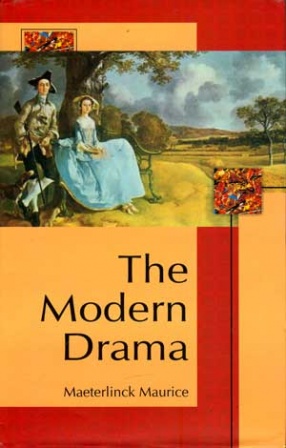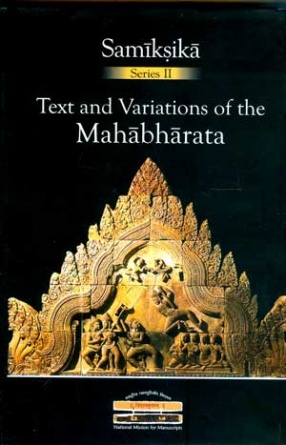The Modern Drama (In 2 Volumes)
Synopsis
When I speak of the modern drama, it must be well understood that I refer only to what is actually happening in those regions of dramatic literature which truly are new, for all that they may be, as yet, but sparsely inhabited. Lower down, in the ordinary theatre, it may well be that the ordinary and traditional drama is in its turn undergoing, be it ever so slowly, the influence of the theatre of the advance-guard; but it were useless to wait for the laggards when it lies in our power to question those in the van.
The first glance that we throw on the drama of the day would seem to reveal, as its chief characteristic, the weakening, the progressive paralysis, so to speak, of exterior action; further, a most ardent tendency to penetrate ever more deeply into human consciousness, and attribute still greater importance to moral problems; and last of all we are struck by the search, so far still very timid, for a kind of new beauty that shall be more spiritual, more abstract, than was the old. It cannot be denied that adventures on the stage of to-day have become far less, extraordinary and far less violent. Bloodshed has grown less frequent, passions less turbulent; heroism has become less rigid, courage less material and ferocious. People still die on the stage, it is true as in reality they still must die; but death has ceased-or will cease, let us hope, very soon-to be the indispensable setting, the inevitable, of every dramatic poem. It is rarely, indeed, in our own life-which, though it is cruel perhaps, is cruel only in hidden and silent ways-it is rarely indeed in our life that death puts an end to the more violent of our crises; and for le but inevitable de tout poeme dramatique. Il est peu frequent, en effet, dans notre vie, quiest cruelle peut-etre, mais qui ne I' est que d' une maniere cache et silencieuse, it y eat peu frequent que les plus violentes de nos crises se terminent par la mort; et le theatre, encore qu' il soit plus lent que toua les autres arts a suivrel l' evolution de la conscience humaine, doit finir cependentr par en tenir compte, lui aussi, dans une certaine mesure.
Read more
The first glance that we throw on the drama of the day would seem to reveal, as its chief characteristic, the weakening, the progressive paralysis, so to speak, of exterior action; further, a most ardent tendency to penetrate ever more deeply into human consciousness, and attribute still greater importance to moral problems; and last of all we are struck by the search, so far still very timid, for a kind of new beauty that shall be more spiritual, more abstract, than was the old. It cannot be denied that adventures on the stage of to-day have become far less, extraordinary and far less violent. Bloodshed has grown less frequent, passions less turbulent; heroism has become less rigid, courage less material and ferocious. People still die on the stage, it is true as in reality they still must die; but death has ceased-or will cease, let us hope, very soon-to be the indispensable setting, the inevitable, of every dramatic poem. It is rarely, indeed, in our own life-which, though it is cruel perhaps, is cruel only in hidden and silent ways-it is rarely indeed in our life that death puts an end to the more violent of our crises; and for le but inevitable de tout poeme dramatique. Il est peu frequent, en effet, dans notre vie, quiest cruelle peut-etre, mais qui ne I' est que d' une maniere cache et silencieuse, it y eat peu frequent que les plus violentes de nos crises se terminent par la mort; et le theatre, encore qu' il soit plus lent que toua les autres arts a suivrel l' evolution de la conscience humaine, doit finir cependentr par en tenir compte, lui aussi, dans une certaine mesure.
140.40
126.36
$
156.00 $
Free delivery Wolrdwidе in 10-18 days
Ships in 1-2 days from New Delhi
Membership for 1 Year $35.00
Get it now and save 10%
Get it now and save 10%
BECOME A MEMBER
Similar items




Bibliographic information